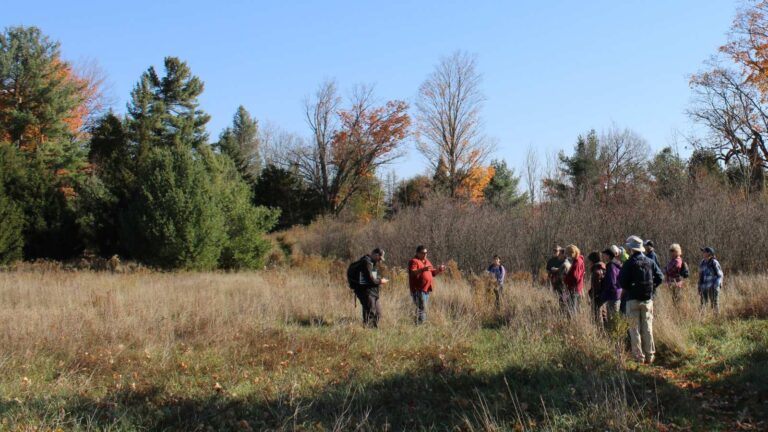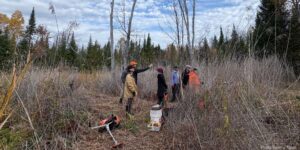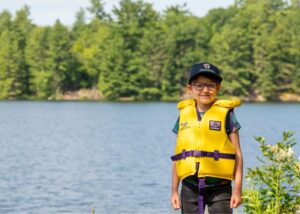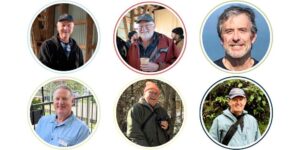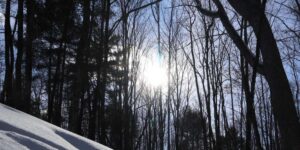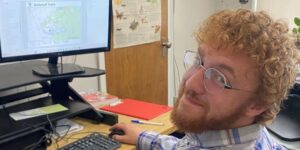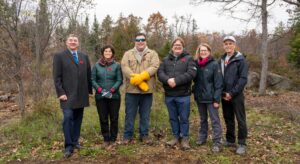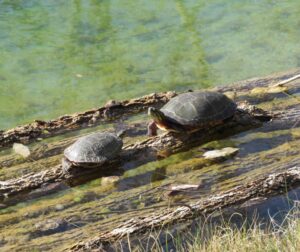Kawartha Land Trust staff and volunteers learn Indigenous perspectives on conservation through four-part workshop with 4 Directions’ Gary Pritchard
Throughout October, Kawartha Land Trust (KLT) staff and over 45 volunteers participated in a learning journey to learn more about Indigenous science and conservation through a workshop series titled “All Our Relations: Moving Beyond Species at Risk Conservation” led by Indigenous Conservation Ecologist Gary Pritchard, Founder of 4 Directions Conservation Consulting Services.
Throughout the three webinars, Gary linked settler and Indigenous perspectives on conservation both past and present and discussed Treaty 20 and the 2018 Williams Treaties Settlement.
The webinars were followed by three field days (each attendee attended one field day) at KLT’s Dance Nature Sanctuary in Lakefield, Ontario, where KLT staff and volunteers participated in Indigenous-informed bioblitzes.
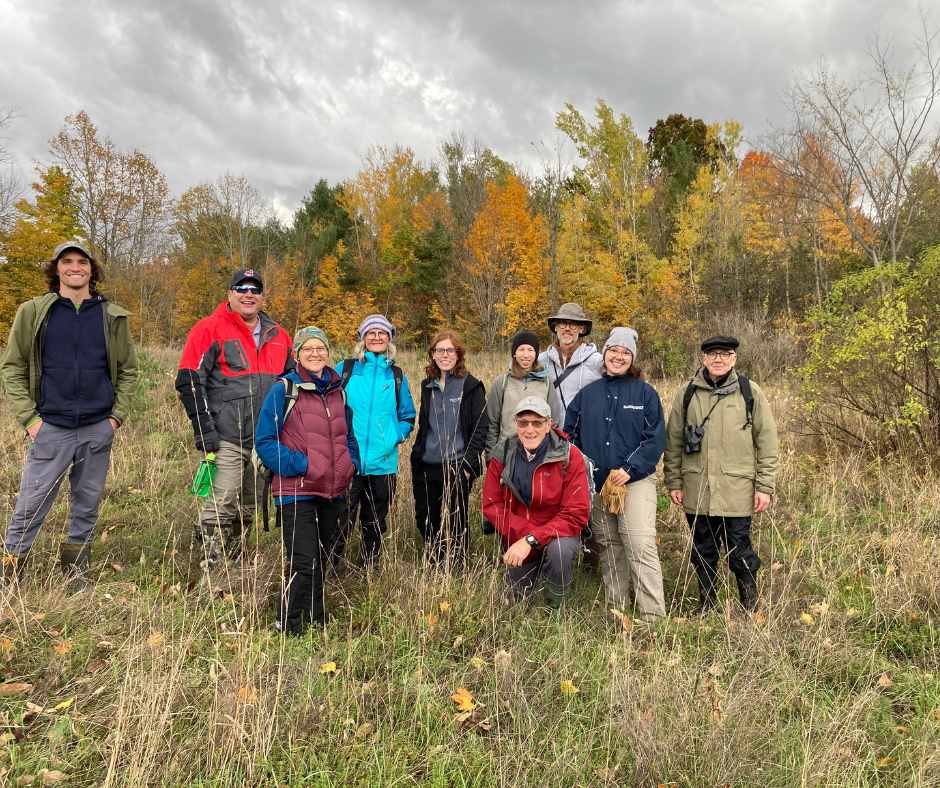
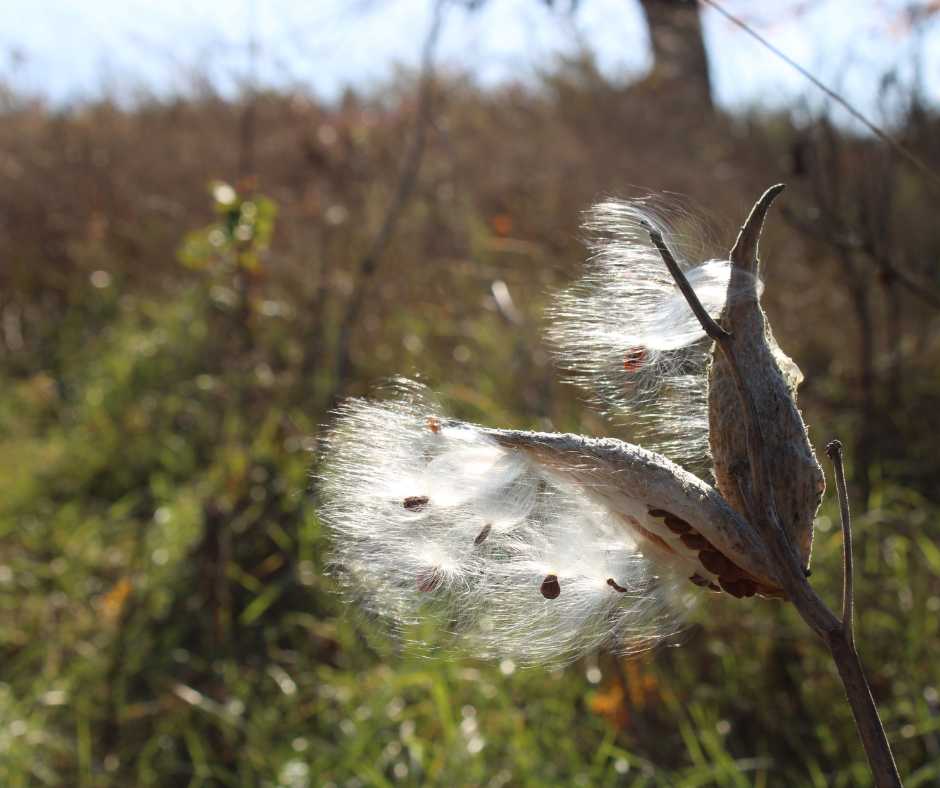
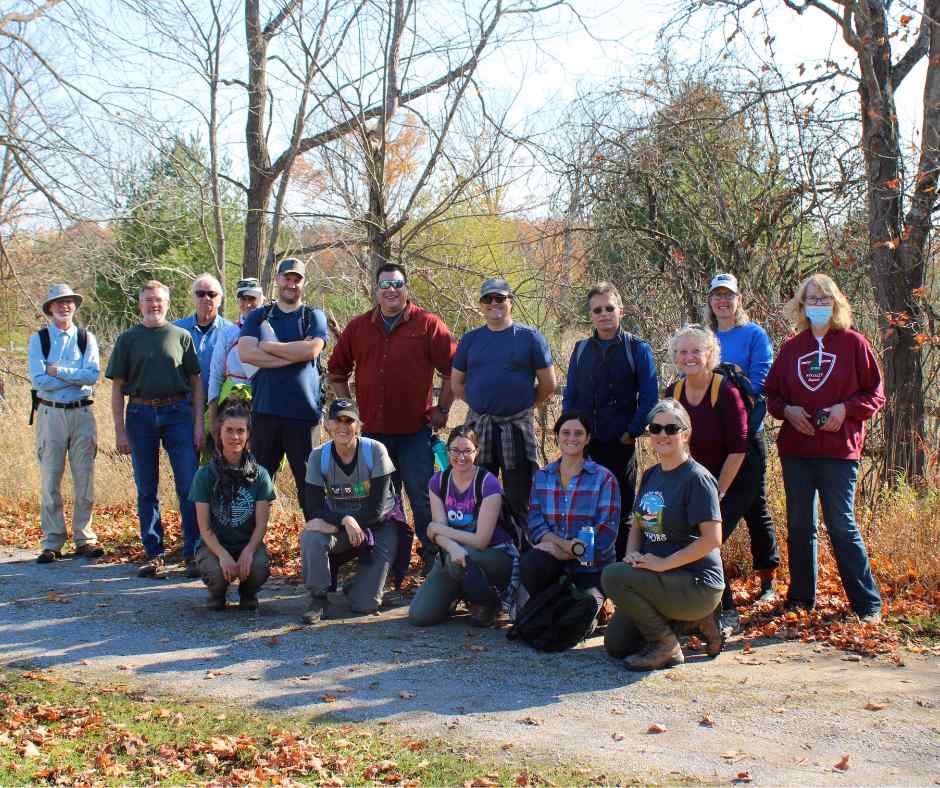
that were held at Dance Nature Sanctuary in Lakefield, Ontario.
According to Gary’s teachings, often, Western science or Eurocentric conservation methods merely target species of specific interest like species at risk or those of a personal value or connection. This ideology is not holistic and leaves gaps within the data sets and poorly captures true biodiversity and bioconnectivity.
An Indigenous bioblitz educates participants on the idea that all species have meaning and a purpose to exist. All species are acknowledged, honoured, and recorded as a part of an Indigenous bioblitz.
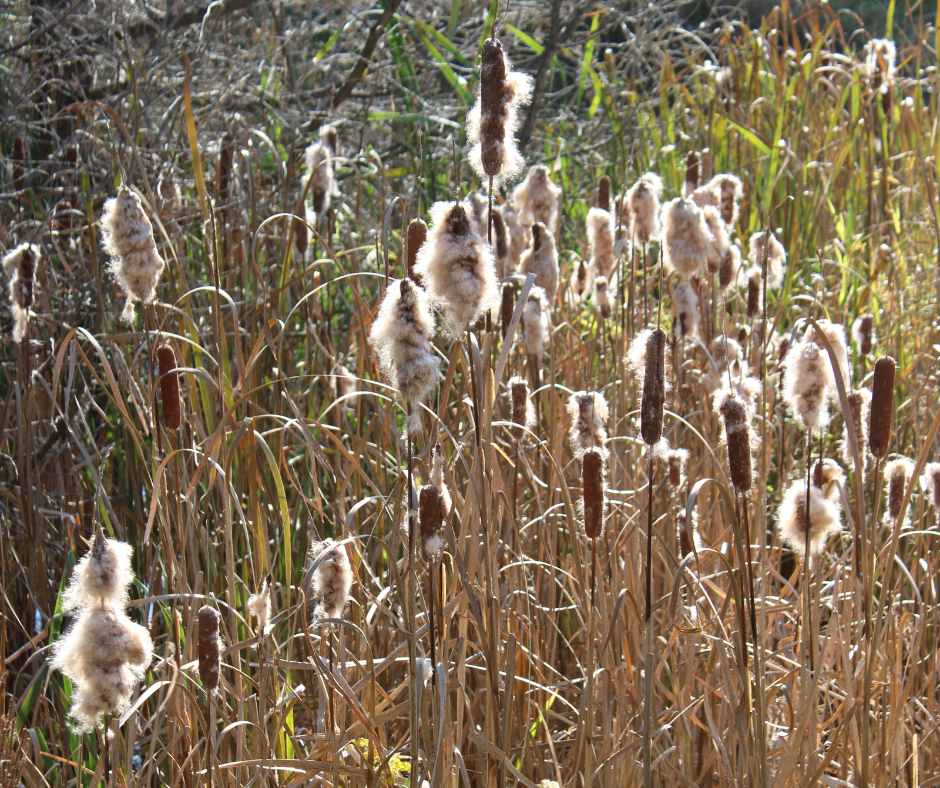
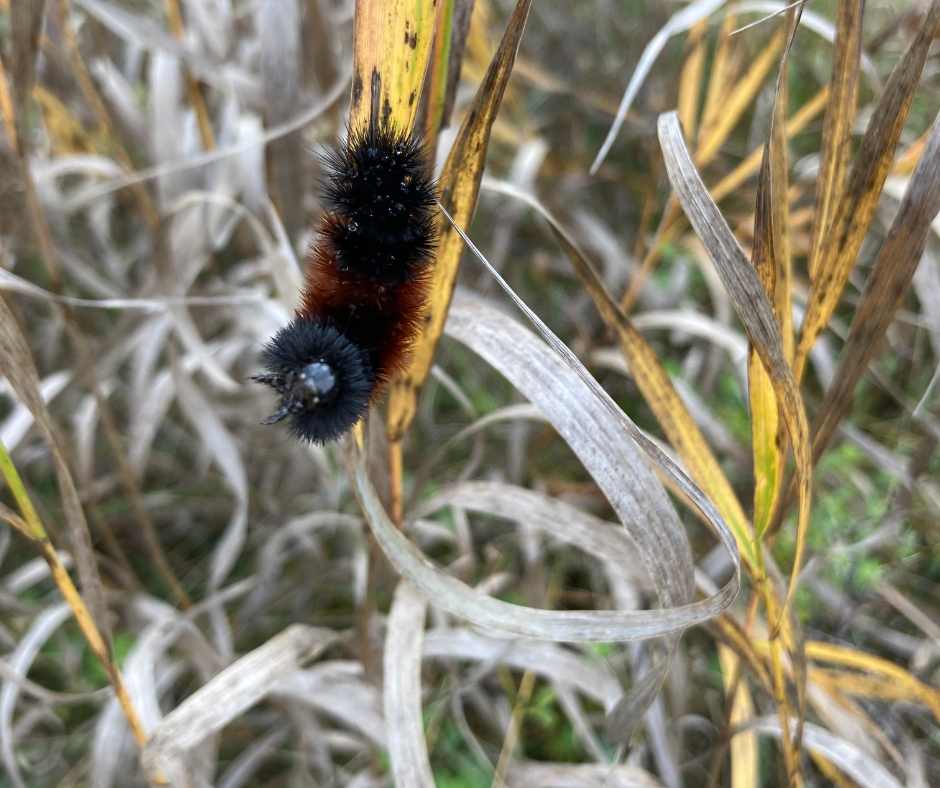
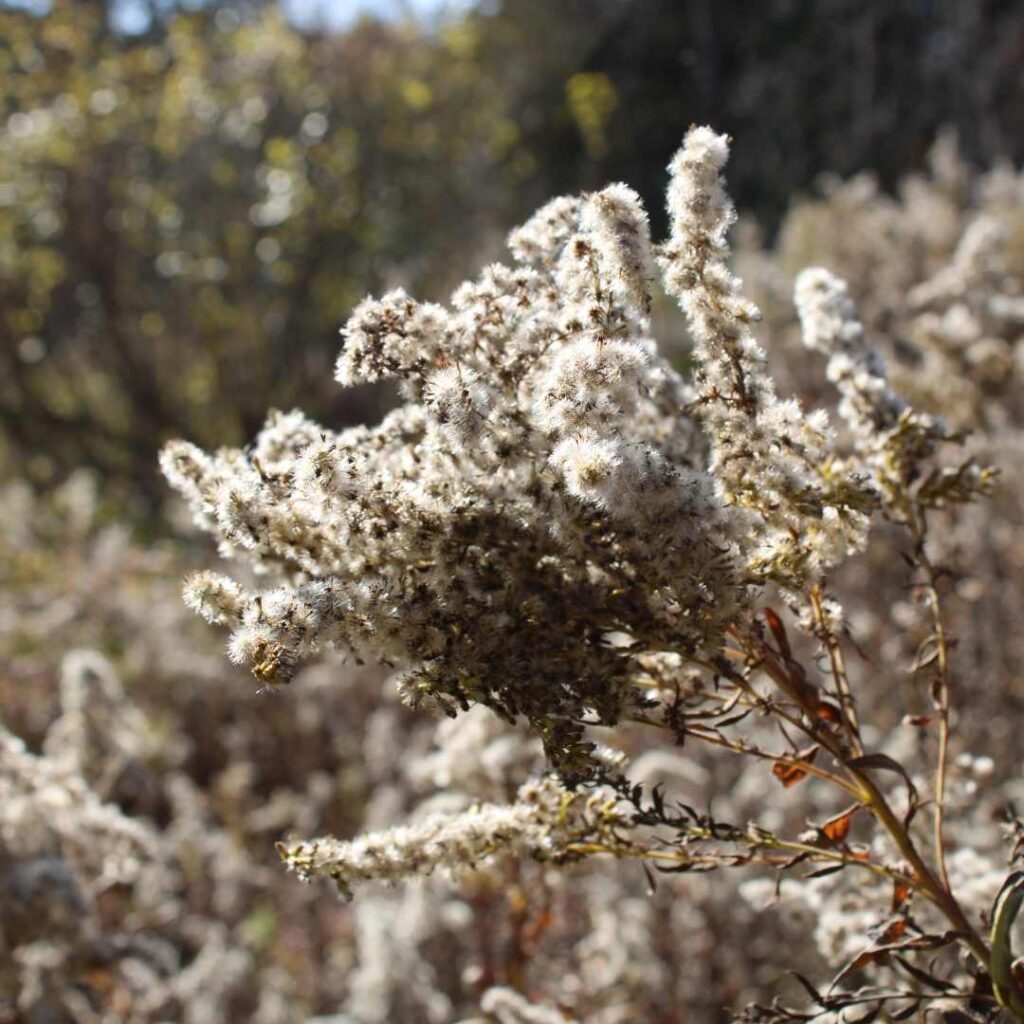
The workshop afforded participants an opportunity to connect directly with the land and deepen their understanding and appreciation of how interconnected our ecosystem is and that all species – from mosquitos to moose – have important roles to play.
Gary’s teachings also set forth the call that settlers on this land should view themselves as treaty people as well to ensure we collectively recognize and work towards upholding and honouring the rights and responsibilities of treaties in place.
We’re grateful to Gary for his teachings on and about the land and to everyone who attended.
This event was generously supported with funding from the Ontario Trillium Foundation.
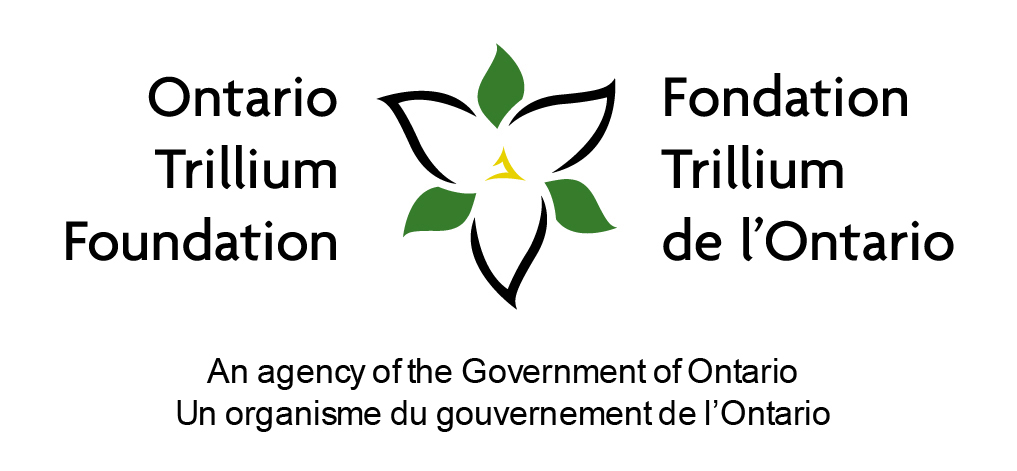
This article was published on November 29, 2022.

